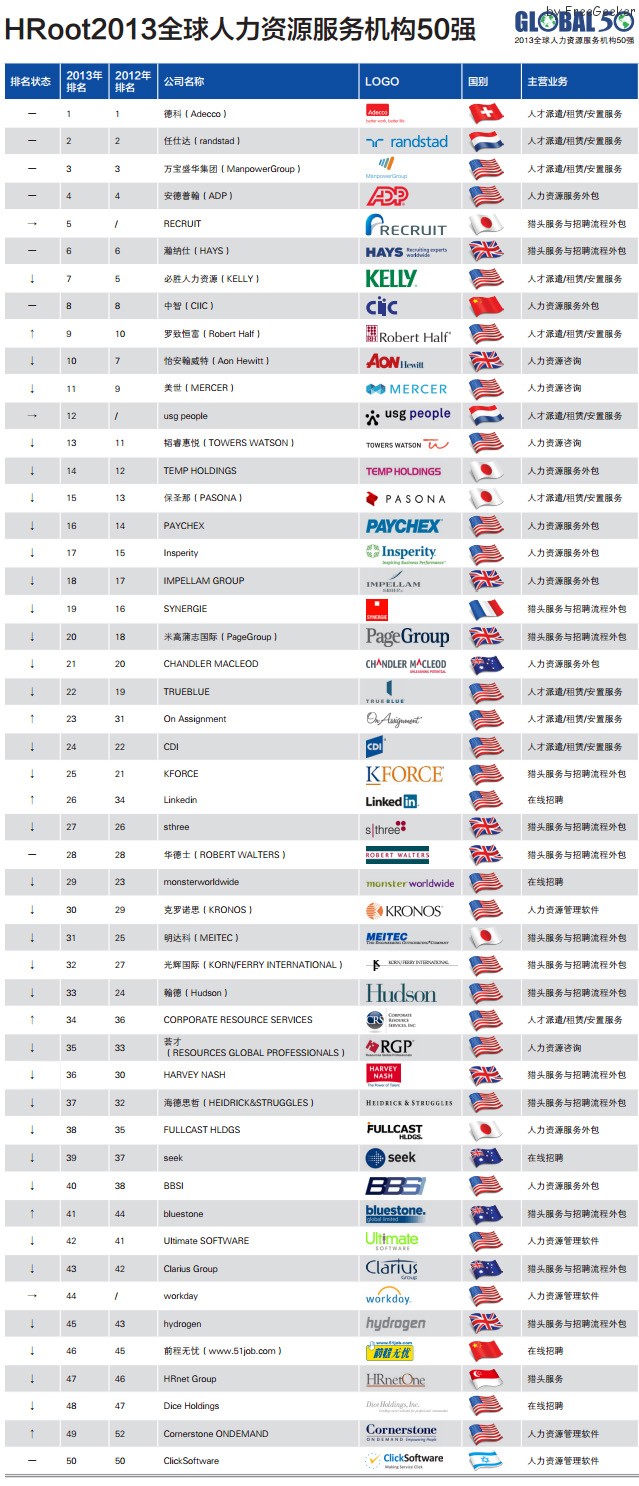Employee loyalty is eroding around the world, according to new global analysis of Mercer’s What’s Working™ survey. The research, conducted among nearly 30,000 employees in 17 geographic markets between the fourth quarter of 2010 and the second quarter of 2011, shows that the percentage of workers seriously considering leaving their organization at the present time has risen since the last time the survey was conducted in each market (between 2003 and 2006 prior to the economic downturn).

In many markets, the increase is 10 percentage points or more (see Figure 1). In Asia Pacific, loyalty has eroded considerably since the last time the survey was conducted. Specifically, in India, China and Australia, the increase was 28%, 16% and 15%, respectively, which shows general apathy towards work.
“The overall employment deal is changing around the world, causing employees to rethink what they are getting from the employment relationship versus what they are giving,” said Brenda Wilson, Asia Pacific Leader for Talent Management at Mercer. “Our research shows that, despite some ongoing economic uncertainty, more employees would consider leaving today for a better opportunity.”
The survey analysis also shows shifting views on other workforce issues that affect engagement. Worldwide, views on pay and performance issues generally improved, while views on employee benefits generally declined. By market, views were mixed on subjects like career opportunity and leadership.
What motivates employees?
The global analysis also reveals that nonfinancial factors play a prominent role in influencing employee motivation and engagement – a finding that could prove useful to employers facing budget constraints. Workers worldwide say that being treated with respect is the most important factor, followed by work/life balance, type of work, quality of co-workers and quality of leadership.
Among financial factors, base pay ranks highest globally, at sixth out of 13 factors. It ranks as the top factor in just one market (Hong Kong) and among the top three most influential factors in four other markets – China, India, Italy and Singapore.
While other financial factors, such as benefits and incentive pay, can be important to other aspects of the employment relationship – such as attracting, retaining and rewarding employees – Mercer’s research shows they are considered less important by employees when it comes to their day-to-day motivation and engagement at work.
“Employee engagement reflects the total work experience, and a big part of it is how you are treated, what kind of work you do and how you feel about your co-workers, bosses and the general work environment,” said Ms Wilson. “Without a doubt, financial factors like pay and benefits are a vital part of the employment deal, but employers need to consider and manage the full range of factors to ensure that their workforce is engaged.”
Results by region
Mercer’s research shows that the factors most important to motivation and engagement vary by region:
Asia Pacific – Results for this region are less consistent by market compared to the Americas and Europe. In Asia Pacific, financial factors ranked higher in importance than they did in all other regions. In fact, base pay was the top factor in Hong Kong and among the top three factors in three other countries (China, India and Singapore). We didn’t see that anywhere else but Italy.
- “Both non-financial and financial factors play a role in employee motivation, so employers need to recognize and use the full range of factors available to them to drive motivation and engagement,” Ms Wilson added. “In many parts of the world, the economic situation is not as strong as it is in Asia Pacific currently, so it is particularly important for employers to think about how to leverage the non-financial factors to boost motivation and engagement.”
Americas – In addition to the global top five nonfinancial factors – respect, work/life balance, type of work, quality of co-workers and quality of leadership – working in an environment where employees can provide good service to others ranks highly in importance in North and South America. Base pay ranks as the most influential financial factor. (See Figure 2.)
- In the US, the importance of financial and nonfinancial factors closely mirrored the global findings. Two areas of note that scored higher than the global average were benefits and working in an environment where you can provide good service to others. Areas below the global average for US employees included learning and development opportunities, promotion opportunities and incentive pay/bonus.
Europe – Results for the seven European countries included in Mercer’s survey show striking consistency. Nonfinancial factors (being treated with respect, work/life balance, type of work and quality of co-workers) are considered most important to employee motivation and engagement at work. (See Figure 4.)
Visit http://inside-employees-mind.mercer.com/global for an interactive look at additional global findings from Mercer’s What’s Working survey. The interactive site provides a snapshot of the survey findings in all 17 markets, shows data views by region and allows visitors to create custom views of the data featuring their choice of up to six markets.
About this analysis
Mercer’s proprietary What’s Working survey, which examines employee views on work, includes more than 100 questions on a range of work-related topics and reflects the overall workforce demographics of the 17 survey markets in terms of age, gender and job level.
To arrive at the results regarding what motivates employees, Mercer asked survey respondents worldwide to consider both current and previous jobs and state how important 13 factors were in influencing their motivation and engagement at work. The top rating of “extremely important” could only be used for the one or two most important factors. Scores are assigned to an index of 100 to show relative importance by market and globally. Scores near 100 are of middle importance, scores above 100 are more important and scores below 100 are less important.
About MercerMercer is a global leader in human resource consulting, outsourcing and investment services. Mercer works with clients to solve their most complex benefit and human capital issues, designing and helping manage health, retirement and other benefits. It is a leader in benefit outsourcing. Mercer’s investment services include investment consulting and multi-manager investment management. Mercer’s 20,000 employees are based in more than 40 countries. The company is a wholly owned subsidiary of Marsh & McLennan Companies, Inc., which lists its stock (ticker symbol: MMC) on the New York and Chicago stock exchanges. For more information, visit www.mercer.com. |








